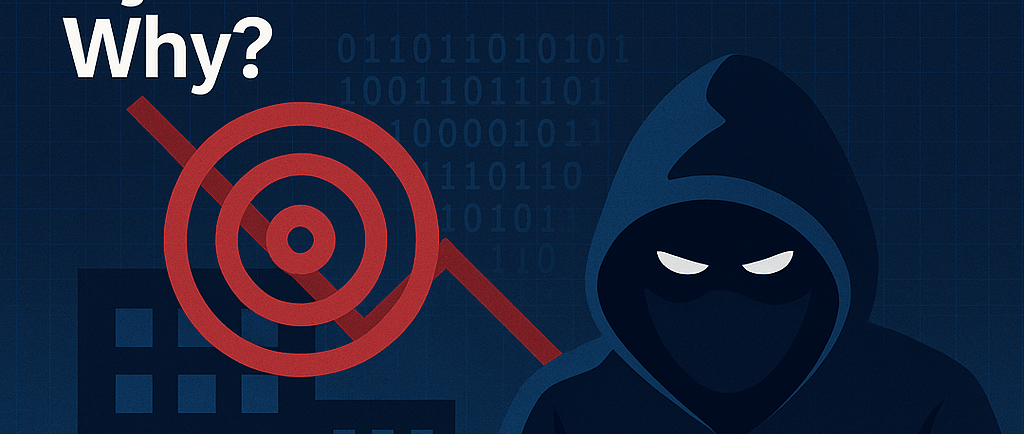Cyber One Information Technology "Your IT Partner For Growth and Success" Call 407-394-1000 to schedule a FREE BUSINESS EVALUATION
What is the #1 Target Industry for Cybercriminals and Why?
**What is the #1 Target Industry for Cybercriminals and Why?**
By Richard Medina, Certified Ethical Hacker
6/7/20252 min read


What is the #1 Target Industry for Cybercriminals and Why?
When it comes to cybercrime, no industry is off limits. But if there’s one sector that consistently tops the list as the #1 target for hackers, it's healthcare.
Yes — more than banks, retailers, or government agencies, medical organizations face the highest volume of cyberattacks each year.
So, why is the healthcare industry so appealing to cybercriminals? Let’s break it down.
1. Patient Data is Incredibly Valuable
Healthcare providers store a goldmine of sensitive information:
Full names
Birthdates
Social Security numbers
Insurance details
Medical histories
Billing records
Unlike a stolen credit card that can be deactivated in minutes, this kind of personal data has lasting black-market value. It can be used for identity theft, insurance fraud, or sold in bulk on the dark web.
2. Weak Security Defenses
Many healthcare organizations — especially small to mid-sized practices — use outdated systems and lack dedicated IT teams.
This makes them easy targets. Cybercriminals often exploit:
Unpatched software
Legacy medical equipment with poor security
Employees unfamiliar with phishing threats
Insecure remote access systems
3. Pressure to Stay Operational
Hackers know medical practices can't afford downtime.
When a ransomware attack locks up systems, the stakes are high:
Patient care is delayed
Appointments are canceled
Critical data may become inaccessible
This urgency often pressures practices to pay the ransom, making them even more appealing targets.
4. Regulatory Compliance Risks
Under laws like HIPAA, healthcare providers must protect patient data. A breach can result in:
Hefty fines
Legal action
Loss of reputation
This adds another layer of pain on top of the financial and operational damage caused by the breach itself.
5. Rise of Connected Devices and Telemedicine
Healthcare is becoming more digital every day — from patient portals and e-prescriptions to telehealth platforms and wearable devices.
This digital expansion increases the attack surface and creates more entry points for hackers to exploit.
Real-World Impact
In recent years, ransomware attacks have shut down hospitals, forced ambulances to be diverted, and delayed surgeries and cancer treatments. This isn’t just about data — it's about lives.
How to Protect Your Practice
Medical organizations — from solo practices to multi-location clinics — must take cybersecurity seriously. Here's how:
Use advanced endpoint detection & response (EDR) solutions
Deploy managed SIEM to monitor and detect threats in real-time
Train staff regularly to recognize phishing and social engineering
Enforce multi-factor authentication (MFA)
Partner with a specialized MSP/MSSP with experience in healthcare cybersecurity
Final Thoughts
Healthcare continues to be the #1 target for cybercriminals because of its combination of high-value data, weaker defenses, and critical service pressure. If you’re in the medical field, cybersecurity isn’t just an IT issue — it’s a patient safety and business survival issue.
At Cyber One Information Technology, we specialize in protecting healthcare providers from evolving cyber threats.
Learn how our HIPAA-ready security packages can safeguard your practice and your patients.
For more info visit www.CyberOneInfo.com or contact us for a free cybersecurity assessment.
Contact Richard Medina, Certified Ethical Hacker https://www.linkedin.com/in/richme/
